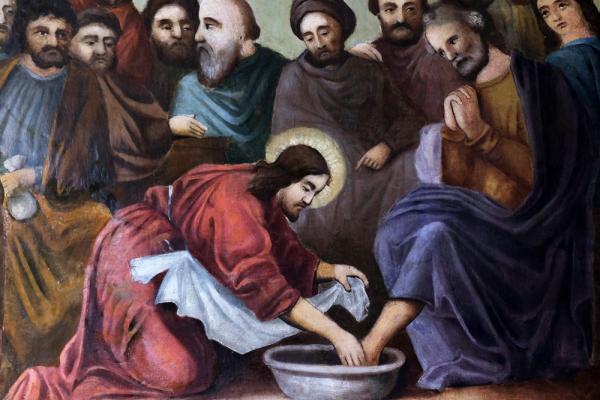Apr 12, 2017
In God’s kingdom, everyone serves and everyone is served equally, no exceptions. Even the betrayer. Even the denier. Even the abandoner. Even the person who lives differently and believes differently. Even the person we simply can’t stand. Even the ones we consider unworthy.
Read the Full Article

Already a subscriber? Login
